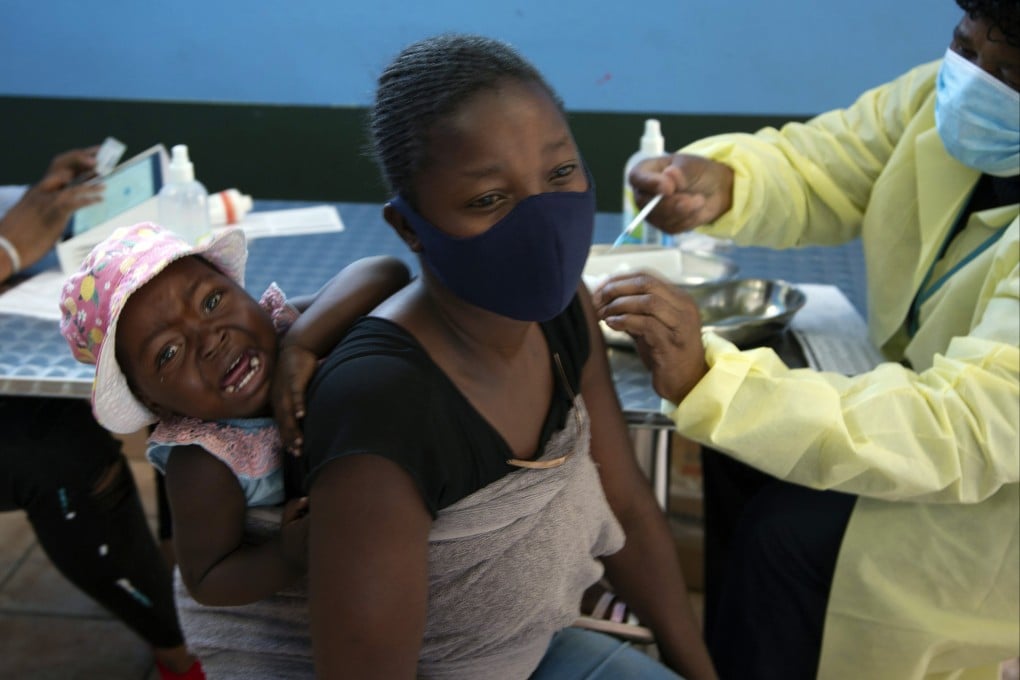Advertisement
Inside Out | How nationalism threatens a repeat of Covid-19 tragedies in next pandemic
- An initially strong draft WHO treaty focusing on rapid information sharing, fair vaccine distribution and relaxing intellectual property rights appears to have been diluted
- Failure to forge an agreement and put aside national differences would be a tragedy for which we will pay a terrible price, perhaps very soon
Reading Time:3 minutes
Why you can trust SCMP

With missiles whistling around Ukraine and the Middle East, you could be forgiven for not noticing the ninth – and what was supposed to be the final – set of World Health Organization (WHO) negotiations on an urgent and essential global pandemic agreement.
Created in December 2021, and tasked to draft an agreement that ensured we learned the grim lessons of the Covid-19 pandemic – around 20 million deaths and economic costs estimated by the International Monetary Fund at more than US$12 trillion – the Intergovernmental Negotiating Body has toiled for more than two years. After its ninth round of meetings in March, it is now set to present a final draft agreement to the World Health Assembly in Geneva at the end of May.
However, the desperately sad reality is that negotiators remain light-years away from any agreement. As a form of global amnesia descends on the traumatic pandemic years, it seems the imperative to learn lessons that might protect us from similar future tragedies is also set to evaporate into the ether. The depressing conclusion of Richard Horton, editor-in-chief of the Lancet journal, is simple: “If a pandemic were to strike again, the same failures – vaccine nationalism – would be repeated.”
Advertisement
An initial “zero draft” that circulated more than a year ago now appears to have been diluted, or as the Lancet medical journal notes, “filled with platitudes, caveats and the term ‘where appropriate’.”
In early 2023, the “zero draft” contained details on building an equitable global health security ecosystem. It included recommendations on supply chain resilience for products needed to ensure health security.
Advertisement
The draft focused on improved pandemic surveillance, early warning systems and rapid information-sharing on new pathogens. It emphasised the need for equitable access to technology, clinical trial networks, regionally distributed manufacturing capacity for things like vaccines, and arrangements to ensure equitable distribution. It called for simulations, training for health workers and vulnerability mapping.
Advertisement
Select Voice
Select Speed
1.00x
